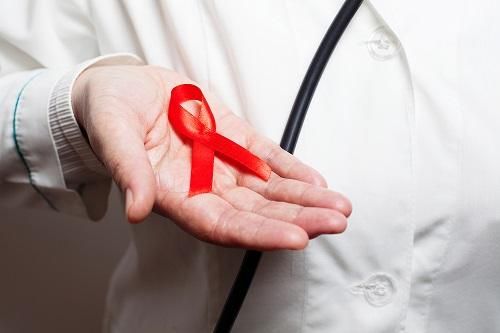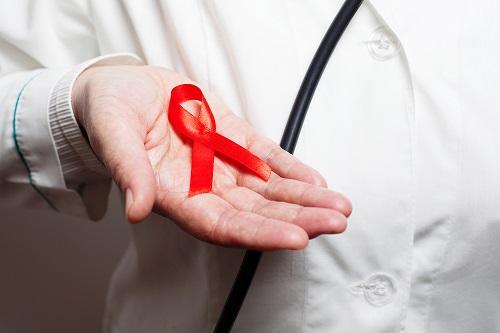
This week, in the midst of the COVID-19 pandemic, we were reminded of another pandemic—HIV/AIDS.
Many of the mistakes of the HIV/AIDS pandemic we still haven’t learned—stigma, harm reduction, social and racial inequity, and the impact of leadership with little interest in addressing a growing outbreak. Of course, the impact of COVID-19 has been felt far and wide, those early days of the HIV/AIDS epidemic were felt by an already marginalized community that instead of receiving support, was further stigmatized and neglected. It’s been 40 years since the Centers for Disease Control and Prevention (CDC) published a Morbidity and Mortality Weekly Report (MMWR) regarding a cluster of pneumocystis pneumonia among gay men in Los Angeles, California.
While the disease existed well before it was identified some 40 years ago, since this first publication, millions have been impacted. Currently in the United States, 1.2 million are living with HIV and roughly 13% don’t know their infection status. In 2019, 34,800 new infections occurred and from 2015-2019, there was an 8% decline in HIV incidence. Currently, 69% of new HIV diagnoses are in men who have sex with men (MSM), but the number of new HIV diagnoses in MSM actually declined overall from 2015-2019.
In the United States though, rates of HIV diagnoses among adults and adolescents is higher in southern states—with states like Texas, Louisiana, Mississippi, Georgia, Nevada, and Florida, with rates substantially higher than more northern states. A new publication in JAMA addressed this trend by reviewing community-based organizations working to confront HIV in Southern states.
One such example of these critical organizations is Transclusive. which is “the only African American trans-led organization in South Florida that offers comprehensive services for transgender and gender nonconforming people, including HIV prevention and care. Williams leverages her experience as a Black transgender woman who transitioned 30 years ago to establish comfort and confidence for people who may not trust the health care system.
The organization’s work earned it technical support from pharmaceutical maker Gilead Sciences’ 10-year, $100 million COMPASS (Commitment to Partnership in Addressing HIV/AIDS in Southern States) Initiative. It’s part of the drive involving many organizations to support community-based programs that have sprung up to tackle the deeply rooted HIV/AIDS epidemic in the southern US.”
As the authors emphasized, the south has been heavily hit by the HIV/AIDS pandemic for decades, with some of the highest rates across regions. More recent analysis has underscored the unequal access to healthcare and long-term institutional racism and policies that contribute to disparities in HIV diagnoses. As the authors note “Black individuals make up a larger share of the population in the south—31% compared with 13% of the overall US population. Sullivan and his colleagues reported that in 2018, 38% of all new HIV diagnoses among men who have sex with men were in Black men and that 63% of those diagnoses were in the south.”
Supporting and building up community-based programs is critical to combat these trends. Working with scientists from disproportionally affected groups and engaging people trusted within the community can help address the systemic issues that inhibit change. Initiatives from universities, like Emory, can help correct inequities, such as access to care, but now more than ever, we need to be investing in these initiatives as critical rather than optional.

